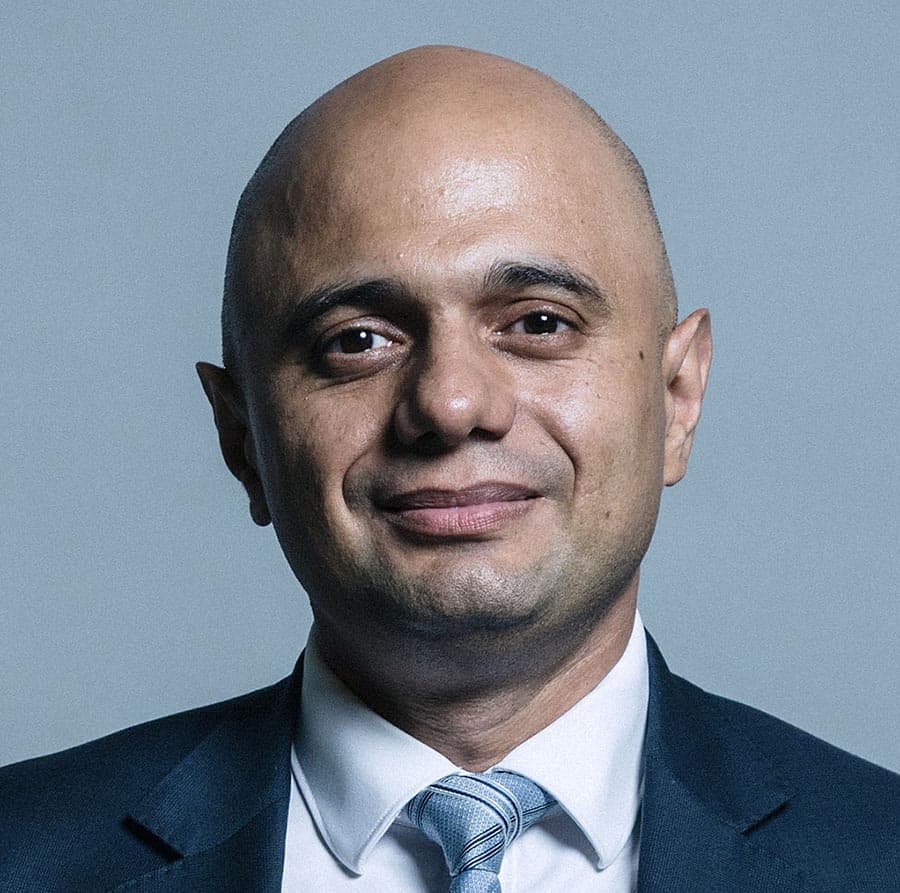Important Health and Care Bill to make collaboration easier introduced to Parliament

New proposals to build a modern health and care system that delivers better and more joined-up care in local communities were introduced in Parliament on Tuesday (6th July).
The Health and Care Bill builds on the proposals for legislative change set out by NHS England in its Long Term Plan, while also incorporating valuable lessons learnt from the pandemic that will benefit both staff and patients.
It covers a wide range of areas, including: the NHS England mandate, the role of integrated care boards, commissioning arrangements, joint working and delegation arrangements, procurement regulations, and much more.
The UK Government says it is committed to delivering world-class care for patients and the Health and Care Bill will help deliver that by building on the NHS’ own proposals for reform to make it less bureaucratic, more accountable, and more integrated in the wake of COVID-19.
In February 2021, the government set out its proposed plans and its introduction in Parliament on Tuesday follows extensive discussions with NHS England, the Local Government Association (LGA) and the health and care sector to refine this blueprint.
COVID-19 has reinforced the need for closer collaboration between the NHS, local authorities and care providers to provide more joined up working, and staff and patients have rapidly adopted assistive technologies to deliver better care. According to the Department of Health and Social Care (DHSC), the bill will make it legally easier for this type of collaboration to happen.
The bill will ensure each part of England has an Integrated Care Board and an Integrated Care Partnership responsible for bringing together local NHS and local government, such as social care, mental health services and public health advice, to deliver joined up care for its local population.
Clinicians, carers and public health experts will be empowered to operate collaboratively across health and care, as part of plans to tackle inequalities and level up health across the country.
In addition, the bill will ensure NHS England is more accountable to government, and by extension Parliament, while ensuring the NHS retains everyday operational and clinical oversight, DHSC adds.
Sir Simon Stevens, NHS Chief Executive, said: “This Bill contains widely supported proposals for integrated care, which have been developed and consulted on over recent years by the NHS itself. They go with the grain of what our staff and patients can see is needed, by removing outdated and bureaucratic legal barriers to joined-up working between GPs, hospitals, and community services.
“In doing so, these pragmatic reforms build on the sensible and practical changes already well underway right across the NHS. And by enabling mutual support between different parts of the local health and care services they will undoubtedly both help tackle health inequalities and speed the recovery of care disrupted by the covid pandemic.”
Key measures include:
The NHS and local government coming together to plan health and care services around their patients’ needs and quickly implement innovative solutions to problems which would normally take years to fix, including moving services out of hospitals and into the community, focusing on preventative healthcare.
The development of a new procurement regime for the NHS and public health procurement, informed by public consultation, to reduce bureaucracy on commissioners and providers alike, and reduce the need for competitive tendering where it adds limited or no value. This will mean staff can spend more time on patients and providing care, and local NHS services will have more power to act in the best interests of their communities.
A package of measures to deliver on specific needs in the social care sector. This will improve oversight and accountability in the delivery of services through new assurance and data sharing measures in social care, update the legal framework to enable person-centred models of hospital discharge, and introduce improved powers for the Secretary of State to directly make payments to adult social care providers where required.

